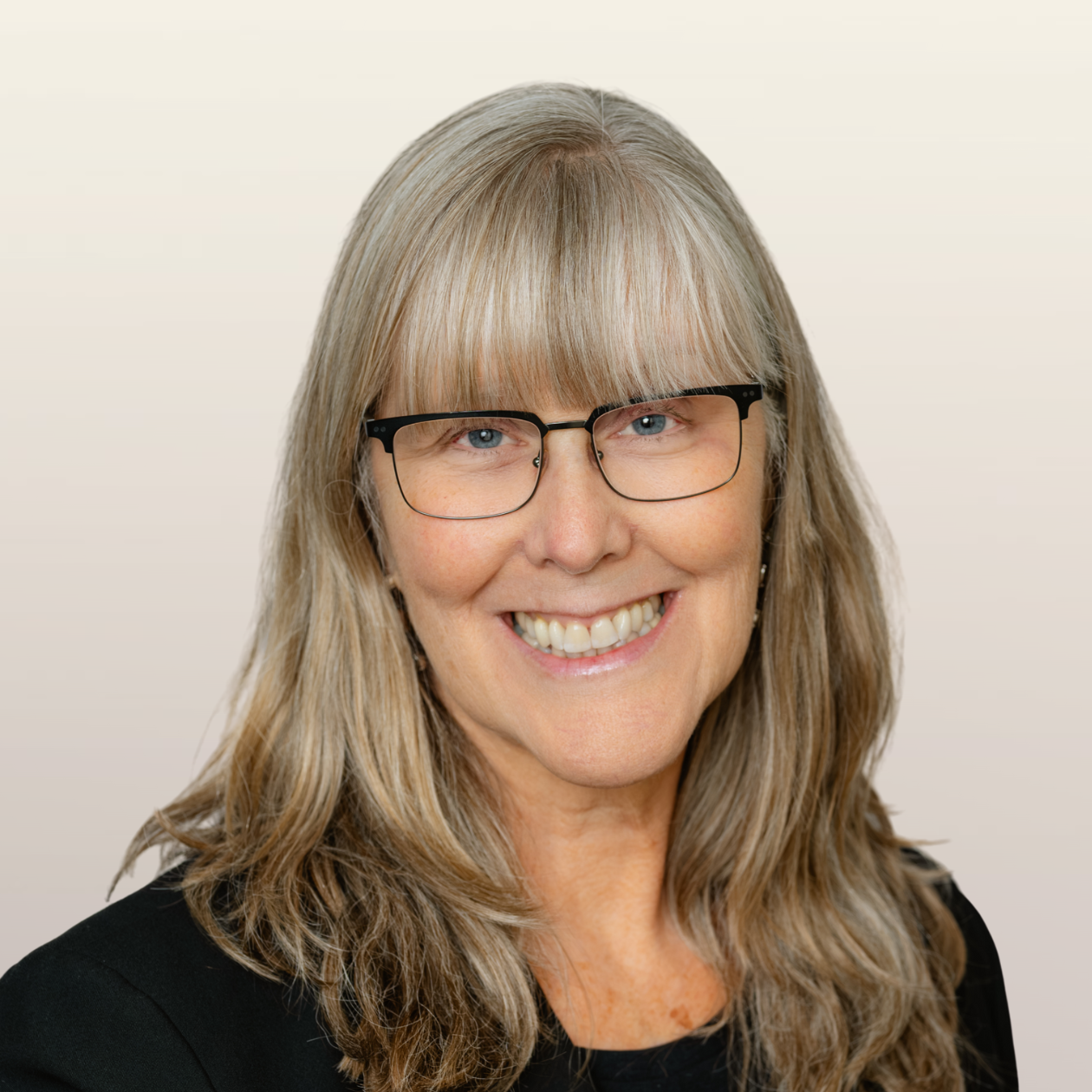Thomas More Society Supports Wedding Cake Designer Who Refused to Celebrate Same-Sex Union

Colorado Baker Seeks Protection of Free Expression Rights from US Supreme Court
Beauty may be in the eye of the beholder, but the freedom to express that beauty - or not to - is a right protected under the First Amendment of the United States Constitution. On September 8, 2017 in Washington, DC, the Thomas More Society filed an amicus curiae (“friend of the court”) brief with the United States Supreme Court in support of Jack Phillips, a Denver, Colorado, cake artist who has been denied his constitutional rights of self-expression and free exercise of religion by the State of Colorado. Phillips, the owner of Masterpiece Cakeshop, was hauled into court by the Colorado Civil Rights Commission because he declined to use his artistic talents to celebrate a same-sex marriage ceremony in violation of his sincerely held religious beliefs.
“There is no question that a designer of custom wedding cakes is an artist,” explained Joan Mannix, Thomas More Society Special Counsel. “Requiring Phillips to create a custom wedding cake for a wedding to which he objects on the basis of his religious beliefs, impermissibly compels him to convey an unmistakable message that a marriage has occurred and approval of the wedding as an event to be celebrated.”
Mannix added that the United States Supreme Court and the United States Courts of Appeals have consistently recognized that the First Amendment affords expansive protection to all forms of expression, including nonverbal art forms like painting, music and dance.
The Phillips saga is fraught with irony. In 2012, David Mullins and Charlie Craig got married in Massachusetts, because Colorado would not grant them a license. When Jack Phillips wouldn’t bake a wedding cake for their Denver reception, they bought one from another Colorado bakery. The same state that forced Mullins and Craig to travel 2,000 miles to wed insists that Phillips had a legal obligation to bake a cake to celebrate the marriage that Colorado itself refused to recognize.
During the same period that the Colorado Civil Rights Commission declared Phillip’s actions unlawful, it reviewed and found no wrongdoing on the part of three separate bakers who declined to create cakes bearing biblical messages, because they found those messages offensive.
“Jack Phillips told Mullins and Craig that he would gladly sell them anything in his store, but that he would be unable to design them a custom wedding cake,” Mannix added. Rather than violate his religious beliefs, Phillips has stopped designing wedding cakes altogether, with the resulting loss of 40% of his income. “Phillips’ religious conviction that marriage is a husband-wife union would not allow him to celebrate an event that directly conflicts with his Christian beliefs. Our laws grant him that prerogative.”
Read the amicus brief filed by the Thomas More Society on September 7, 2017, with the United States Supreme Court in: Masterpiece Cakeshop, Ltd. v. Colorado Civil Rights Commission, U. S. Supreme Court.




